Pregnancy
Hydration is crucial to everyone’s health, but during pregnancy, it is especially important. And just as an added bonus to the heartburn, swollen ankles and nausea, pregnant women are at an especially high risk for dehydration. Unfortunately, morning sickness can make drinking water incredibly unappealing. This is where a lot of pregnancy-related dehydration starts. When you feel too ill to drink enough water, you can sip on the water instead of trying to drink a full glass, suck on ice cubes or ice chips, or even add a little flavor to your water. Adding a little lemon will help not only by making the water a little tastier but also by adding some electrolytes to the water. Feeling daring? Try cucumber, mint or orange. Every little bit helps to avoid dehydration and all of the potential complications that dehydration can cause.
Your pregnant body has different needs, and you need to slow down and take care of yourself. Common medical issues women face during pregnancy often have their root levels of hydration. Contrary to popular belief, water weight gain is not caused by overhydration, but dehydration, among other things. Lack of fluid causes your body to retain fluid and leads to unfortunate symptoms like swollen ankles. Dehydration also causes heartburn. Stomach acid is primarily water-based. If you're not drinking enough water, the body slows down stomach acid production, making it more difficult, time-consuming, and uncomfortable to digest food. Beyond these, there is a spectrum of issues associated with dehydration. Severe dehydration can cause constipation, fainting, or even preterm labor.
On the other hand, proper hydration during pregnancy comes with a whole host of benefits. Just as an example, hydration can improve fetal kidney function. Hydration improves fetal kidney function similarly to how it improves your own kidney function. The role of the kidneys is to flush out toxins in the blood. If the toxin to water ratio is unbalanced, the kidneys can't keep up. Water intake is important for the kidneys of both mom and baby. Better hydration can also help prevent kidney stones. And trust me, you want to prevent kidney stones.
Just being pregnant increases the risk of getting a UTI. There are, however, things you can do to help prevent UTIs. One of them is making sure that you are drinking enough water. Hydration, as it relates to UTI prevention, is fairly simple. Urinating clears out the urethra, and the more often you do it, the less of a chance an infection has to develop.
On a happier note, being hydrated can also give you more energy and even improve how your skin and hair looks (pregnancy glow!). To reap the benefits of hydration during pregnancy, you need to know how much water to drink. Science points to ten eight-ounce cups of water a day, plus one for each hour of light exercise. But, it's never that simple. Recommended water intake will vary based on a number of other factors including the new pregnancy feature in our app. Before changing your routine you should always discuss it with your healthcare provider.

Nursing
The hydration struggle doesn’t go away after giving birth. Nursing mothers are also much more likely to become dehydrated. While nursing you’re basically the water bottle for your baby, it's important to carry around enough liquid for the both of you.
Mild dehydration produces the same symptoms in nursing mothers as in everyone else: irritability, fatigue, and headaches, etc. Severe dehydration can make it difficult to produce breast milk or affect the nutrient to water ratio, which is important for your baby’s nutrition. However, overhydration can also make it difficult to produce milk. An over hydrated body will attempt to remove extra water through the urinary tract. Unfortunately, this pulls water away from breastmilk production.
One of the keys to a happy mother and a happy baby is hitting the middle ground between over hydrating and under hydrating. In this goldilocks zone, the body is able to produce breast milk with a perfect ratio of nutrients to water. Drinking the right amount is also important to prevent headaches, irritability, and fatigue, all symptoms that are generally better to avoid – but even more so while taking care of a new infant.
Hydration during nursing is something of a balancing act. Not like a fun, “I’m a trapeze artist in a sparkly outfit” balancing act but an “I’m trying to grow a responsible human being” balancing act. Approximately 90% of breast milk is water. If a baby needs roughly 25 - 28oz of breast milk a day, then a nursing mother is giving up 22oz of water a day. That means you would need to take in 22oz of water to start at zero. After taking that into consideration, scientists recommend drinking between a half and a quarter of an ounce of water per pound of non-nursing weight.
Of course, it isn’t quite that simple. And no more math! It can be nearly impossible to keep track of all the numbers and figures associated with hydration. Humidity, temperature, height, weight, how much you are eating, and many other factors all play into the correct amount of water needed by an individual. With new pregnancy and breastfeeding specific features in the HidrateSpark App, you can have HidrateSpark help remind you when to drink and keep you on track to stay properly hydrated.

The internet is a great place to start gathering information, but please remember that you should always consult your health care provider before making any significant changes to your water intake, diet or, honestly, anything else while you’re pregnant or nursing. So, sit down, put up your feet and order someone to go get you some water.
By Kate Marin | @ikate186
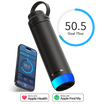
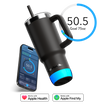
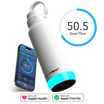
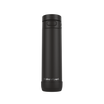
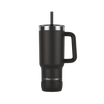

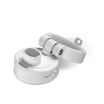
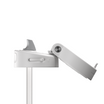
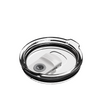
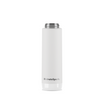
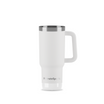
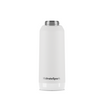
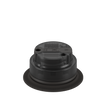
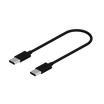

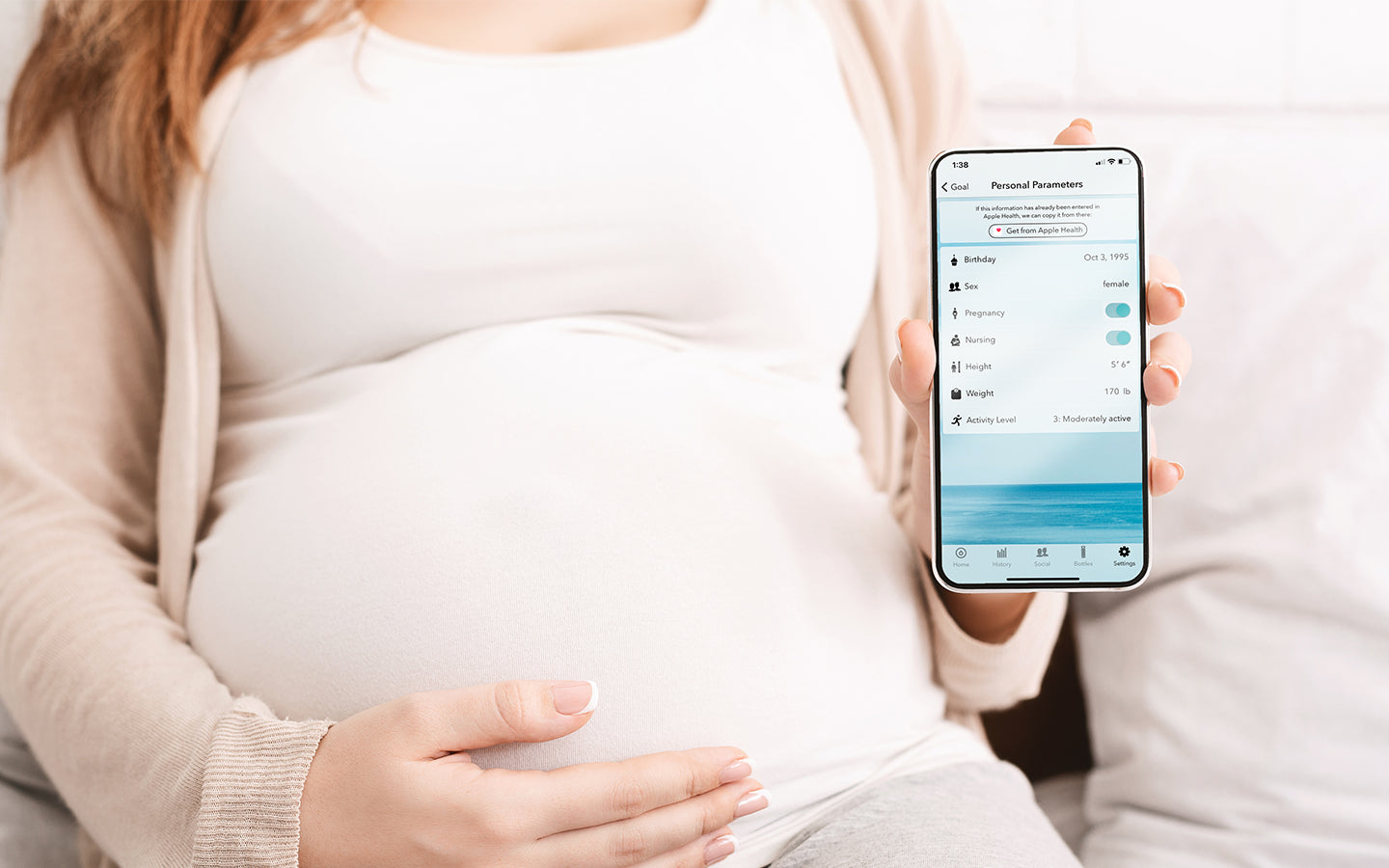
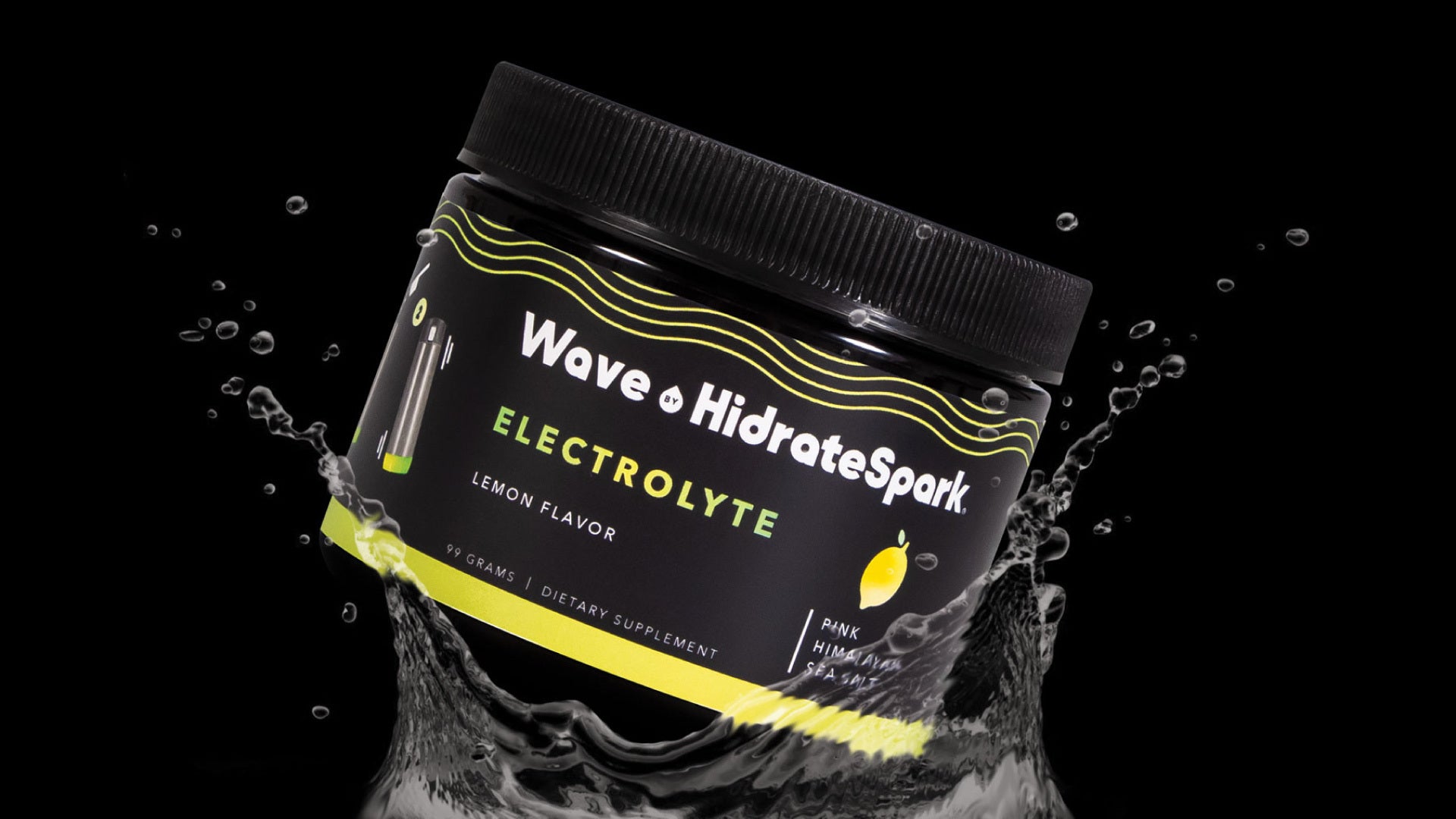
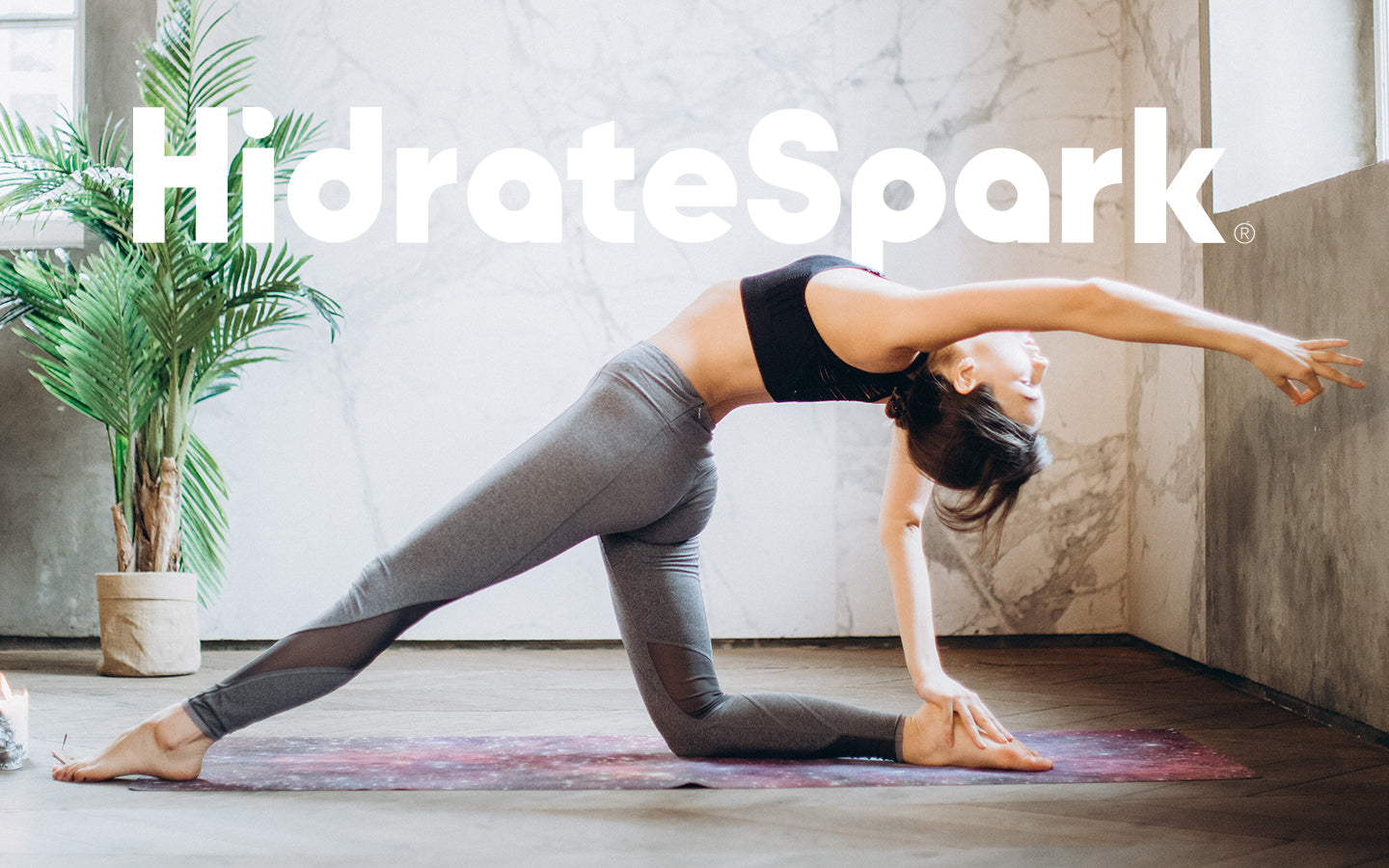
1 comment
Leave a comment
This site is protected by hCaptcha and the hCaptcha Privacy Policy and Terms of Service apply.